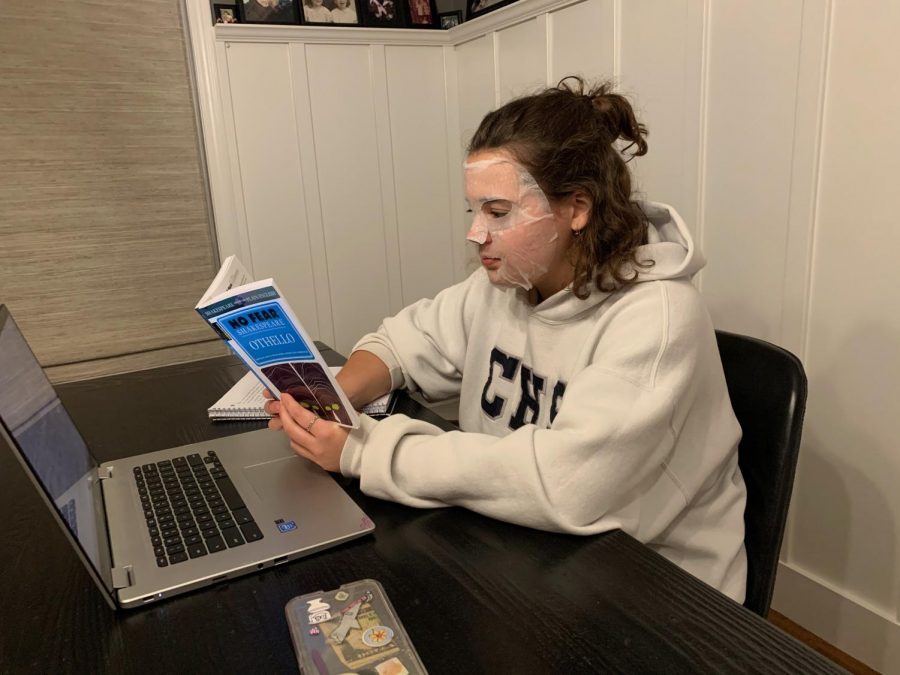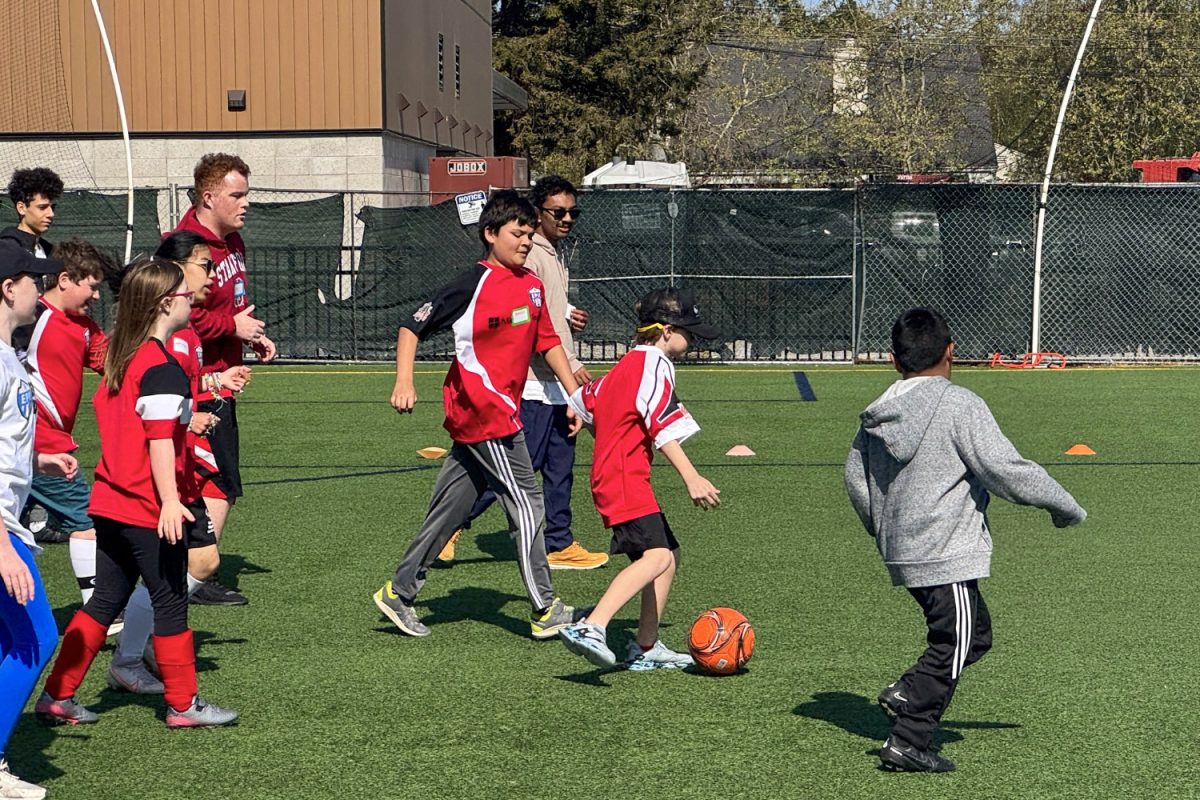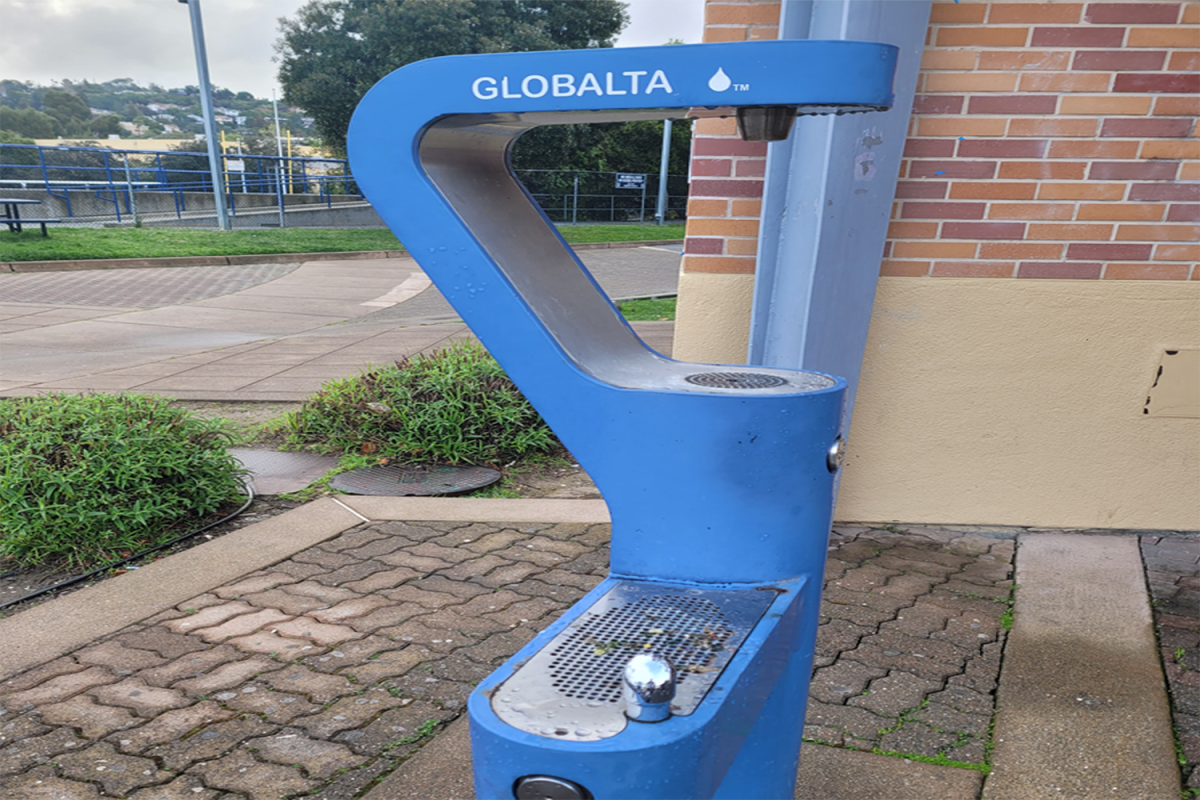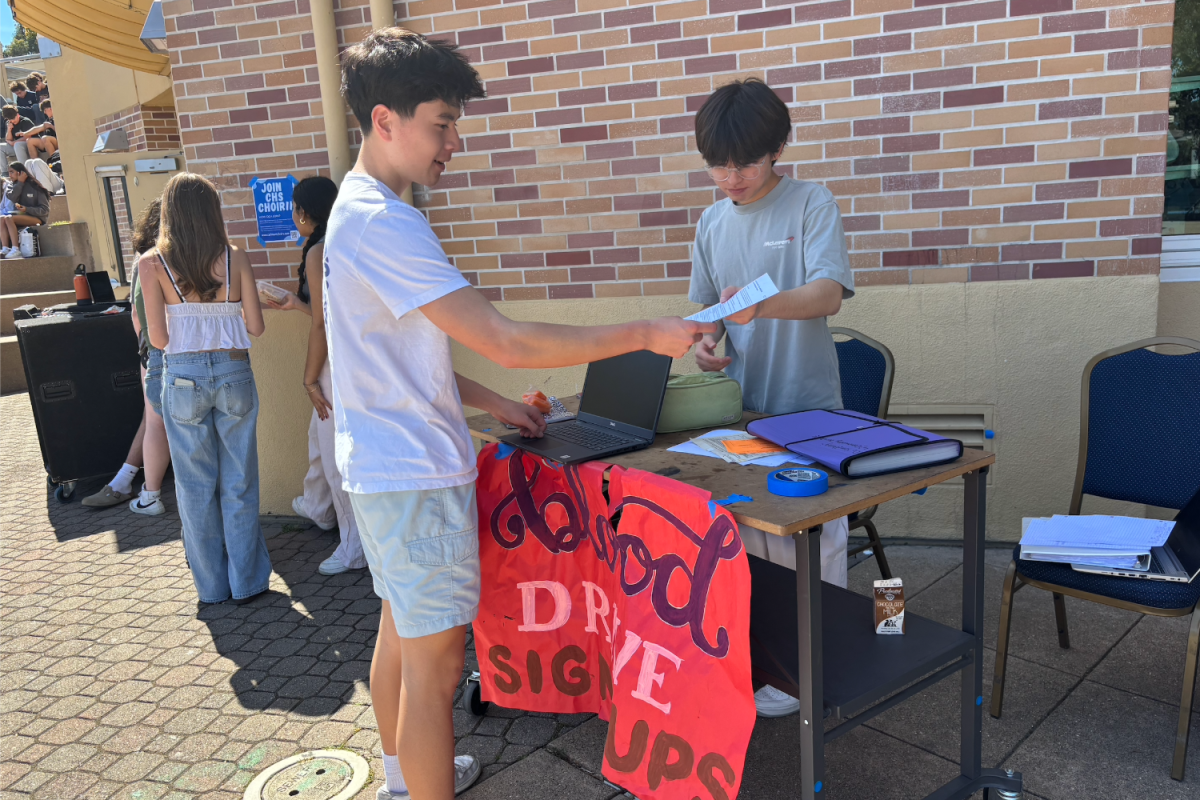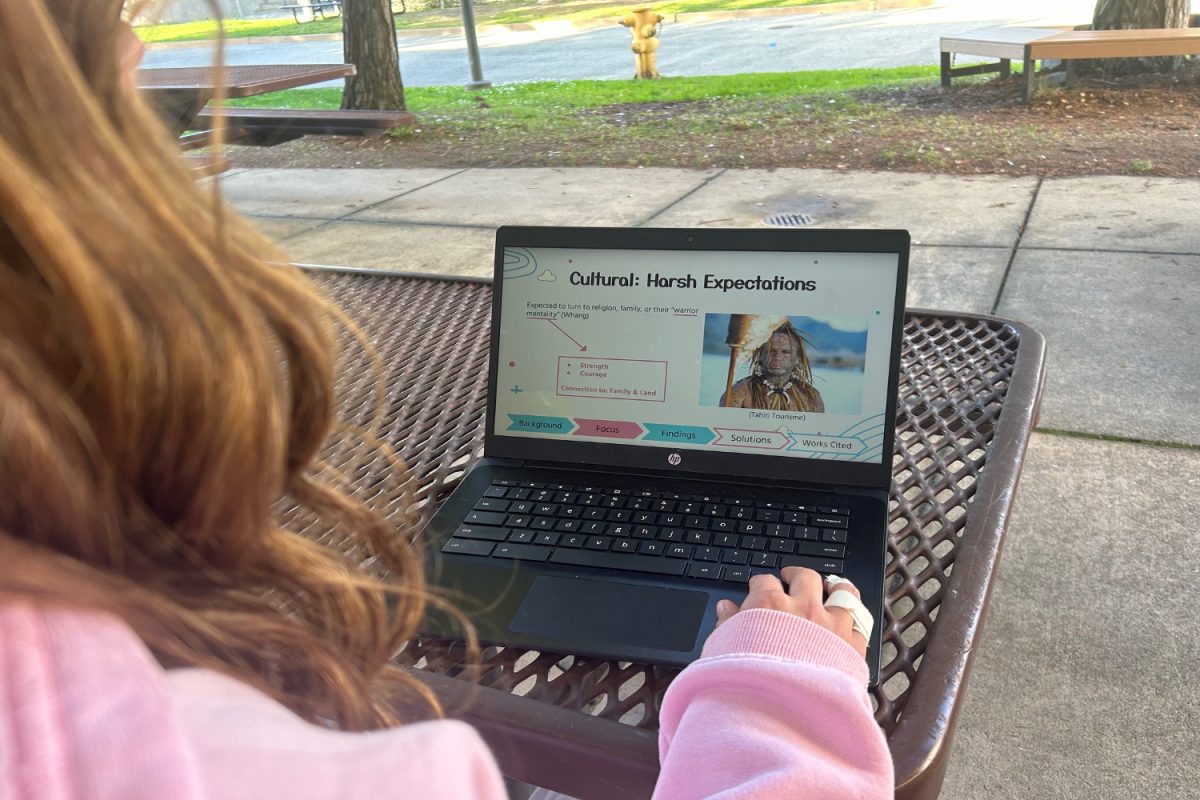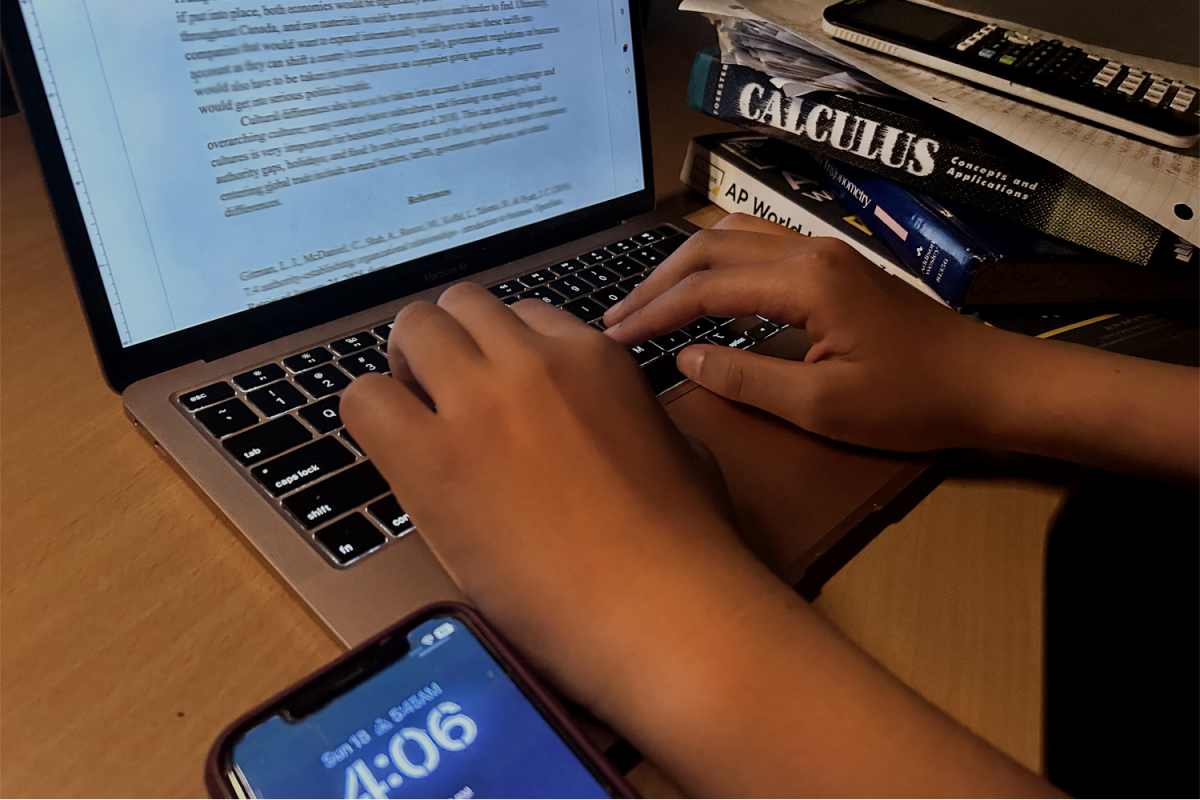No finals season is complete without the barrage of review packets, harried students, and sleepless nights. This year is no different. Many students are left stressed and struggling as finals loom over them, lacking the in-person resources they received in the past.
In the weeks leading up to finals, tensions are palpable in the air. “Dead week” is a time of heightened worries as students cram every last piece of information in their brains. During the week, clubs and administration do their best to make students as stress-free as possible, considering the circumstances.
“Carlmont addresses mental health more each year, with its programs, clubs, classes, speakers, teachers, counselors and administration that are passionate about bringing mindfulness, and balance into the lives of our students,” said Shelley Bustamante, a Carlmont crisis counselor.
In previous years, Carlmont’s Associated Student Body (ASB) has hosted several activities to help diffuse student stress during finals. Therapy dogs, free hot chocolate, and stress ball giveaways are just a few examples.
Within clubs, there was a sense of community, where people did their best to help each other.
Carlmont DECA handed out care packages to boost student morale. They included ramen, hot cocoa, and little good luck notes complete with teacher quotes. Carlmont’s Students Offering Support (SOS) always provides crisis and peer counseling.
“Every year we give away about 300 packages of little things to bring spirits up around finals week,” said Skyler Campbell, co-president of DECA. “We aren’t able to do it this year sadly but it’s a way that we like to engage with the Carlmont community.”
Unfortunately, COVID-19’s unwavering presence brings about preventative measures. This can weigh heavy on students’ minds when they are already stressed from their upcoming tests.
Still, amidst the pandemic, groups have proven resourceful, transitioning their typical activities from in-person to online.
“We are doing Dogs in the Quad”… Zoom version,” said Jim Kelly, ASB’s advisor. “Juniors are doing holiday cards, and freshmen and sophomores are collaborating on a Zoom activity. Our Spirit Commission is doing a destress Instagram activity, and ASB is also having a fashion show party via Zoom after finals.”
Teachers have also stressed the importance of seeking help when needed. They offer extended office hours and review packets, eager to help any struggling students.
The distracting outlets and activities Carlmont’s community has tried hard to maintain are combative measures against students with a one-track mind, obsessively preparing for final exams. The lack of regard for their sleep and mental health in pursuit of an A can be concerning.
“Just the term ‘finals’ can often evoke a sense of dread in the mind of many students,” Bustamante said. “Since our minds and bodies are connected, when we experience fear or anxiety, our bodies move into ‘stress mode’. This results in an increase of adrenaline and cortisol, which can have adverse effects on the body, especially when anxiety and worry are frequently present.”
Mental health is hugely important, especially when going to high school in the Silicon Valley. Students are pitted against one another in one of the country’s most competitive environments, which means stakes are high.
Add all this to daily schoolwork, extracurriculars, and a worldwide pandemic, and students are practically buckling under pressure. Many reported mental health struggles at the beginning of the distance learning environment, and it’s more than likely that stress will amplify.
“Around when dead week and finals week comes around everyone gets really stressed,” said Anjali Mehta, a junior and advocate for mental health. “The concept of finals can be really heavy on its own.”
Silicon Valley is notorious for housing some of the highest performing students. Proven time and time again, the region’s insane competitiveness is to blame for sky-high stress and anxiety rates.
Competition is fierce, and students must adapt if they want a fighting chance.
“I prepare for the greatest possible workload so that anything less than the maximum feels like a relief,” Campbell said.
Momentary stress might be a direct result of finals season, but consequences can often have long-term effects. Before the at-home learning even began, the Bay Area had many cases of student suicides, most specifically in Palo Alto and surrounding areas.
“We as a society need to teach and model for our children early on how to create and sustain mental health,” Bustamante said.
Students and teachers alike share this value. It’s increasingly harder to ignore the stress and anxiety of students, especially during finals. They are trying more than ever to make efforts at safe spaces.
Some have taken to Instagram to offer reassurance, while others design websites and resource boards. Mental health has become a priority of many students during the pandemic, and finals are just another test to that.
Still, rising stress levels amidst finals does not leave students alone, even when everyone is so disconnected.
“I always want people to know that if help is needed, I’m here,” Mehta said. “ I don’t want people to feel like they’re alone.”

